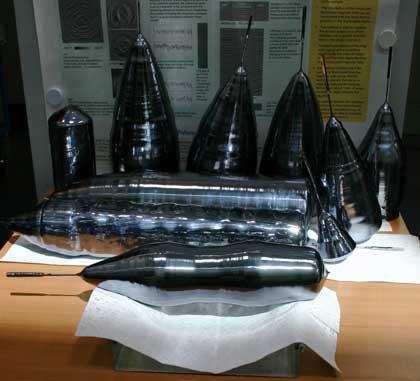New kilogram for all

How much is a kilogram? We know how much a kilogram is, of course, and yet that question is reasonable, as the kilogram is a man-made measure, an agreed reference to measure mass. And then what is that reference? Instead, how much is a real kilogram? The answer is that the kilo is the weight of a piece of platinum iridium in Paris. A prototype. But there is a problem: over the years, the kilogram of Paris has had many fluctuations and may no longer weigh a kilo. Therefore it will be replaced.
German scientists realized this. As in other countries, in Germany there is a copy of the Parisian prototype, whose measurement allowed scientists to verify that the prototype does not weigh exactly one kilogram. Years of cleaning have affected a weight of almost 0.1 milligrams. Scientists believe that Parisco may have the same problem, but since this weight is at the limit of measurement accuracy, they cannot confirm whether it is so or not. In
Berlin, at the Crystal Growth Institute, they proposed a solution: to make a prototype that allows measuring the number of atoms. A new silicon prototype is proposed and developed. They have done so with isotope 28 of silicon and have spent six months removing impurities, until in more than 10 million atoms there is only one atom that
is not silicon. A prototype of five kilos. Next year two spheres weighing exactly one kilo will be worked and will replace the old prototype of kilogram. The new prototype
will cost 2 million euros, twenty times more than a piece of gold from the same mass. However, experts consider the project worthwhile, as it is essential to have a very concrete reference. In the world of chemistry and physics (and therefore also in engineering, pharmacy, etc.) is worked with amounts much lower than 0.1 milligrams. That is why it is essential to know precisely how much is a kilogram.
Photo: Anonymous
Buletina
Bidali zure helbide elektronikoa eta jaso asteroko buletina zure sarrera-ontzian











